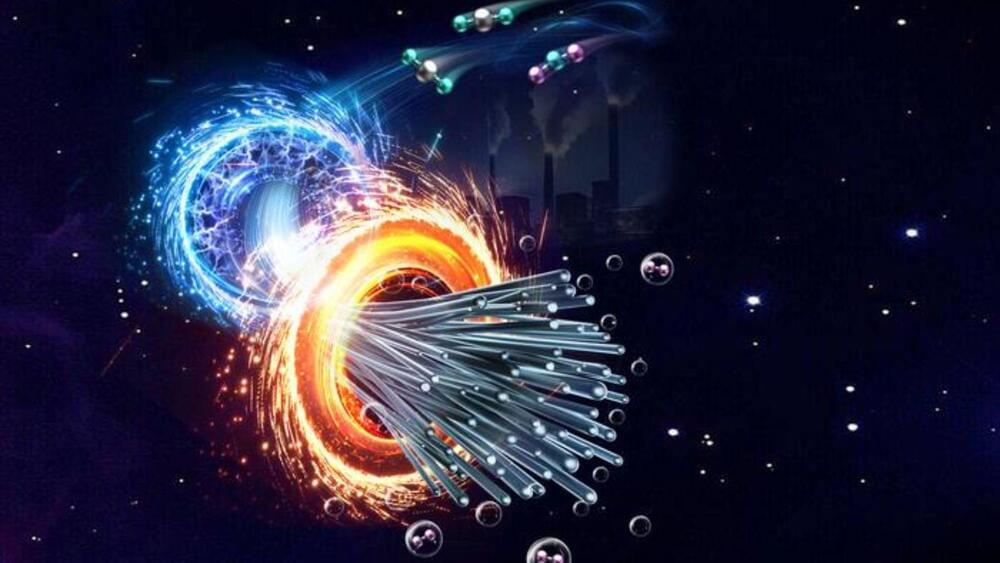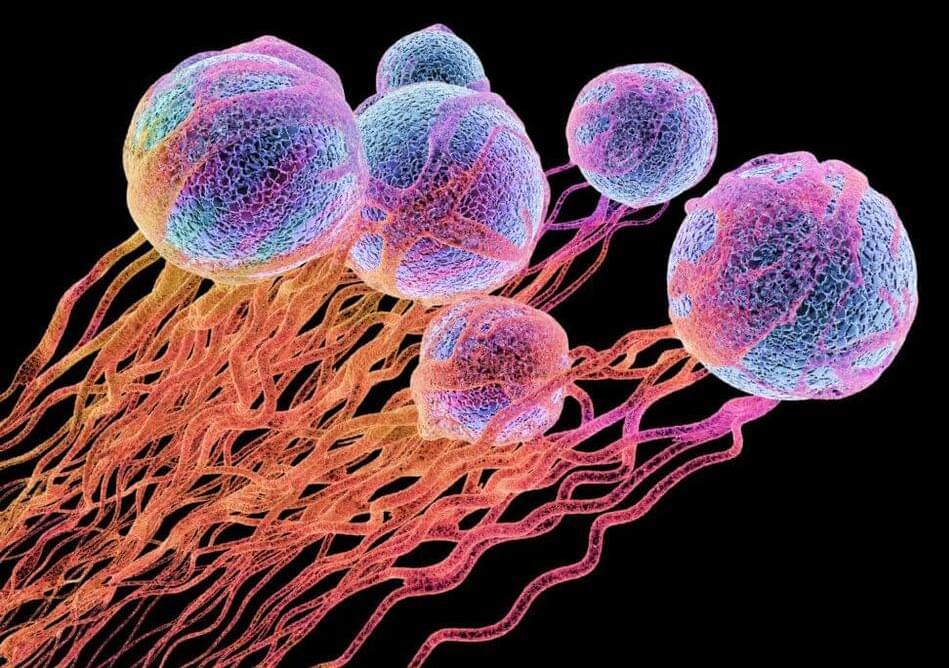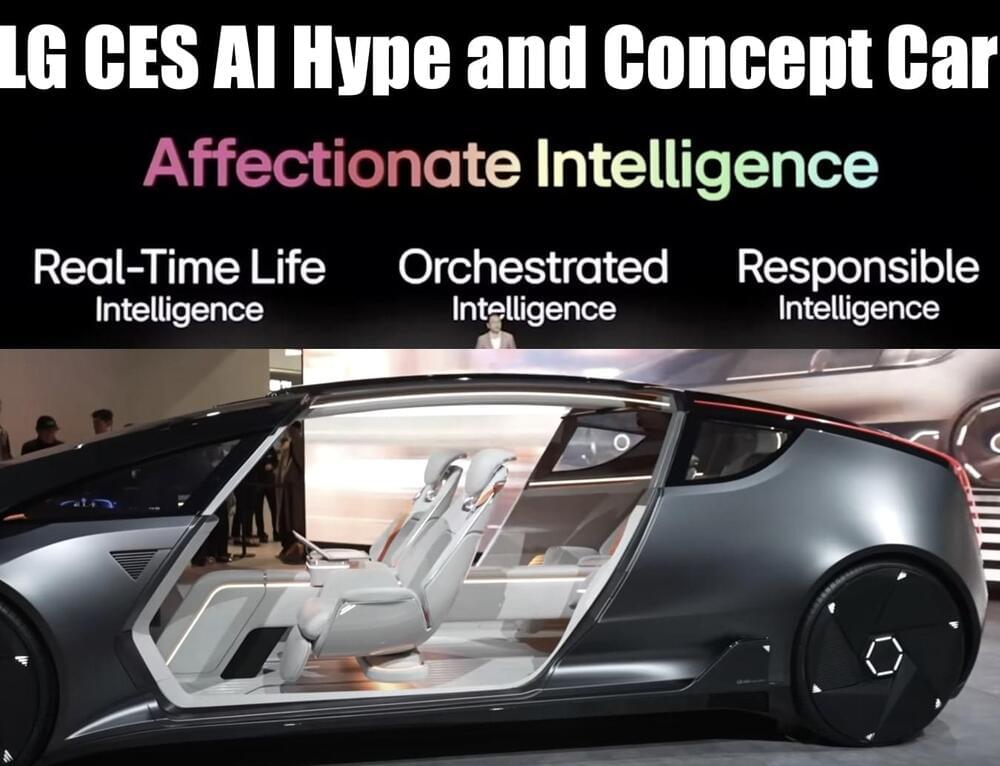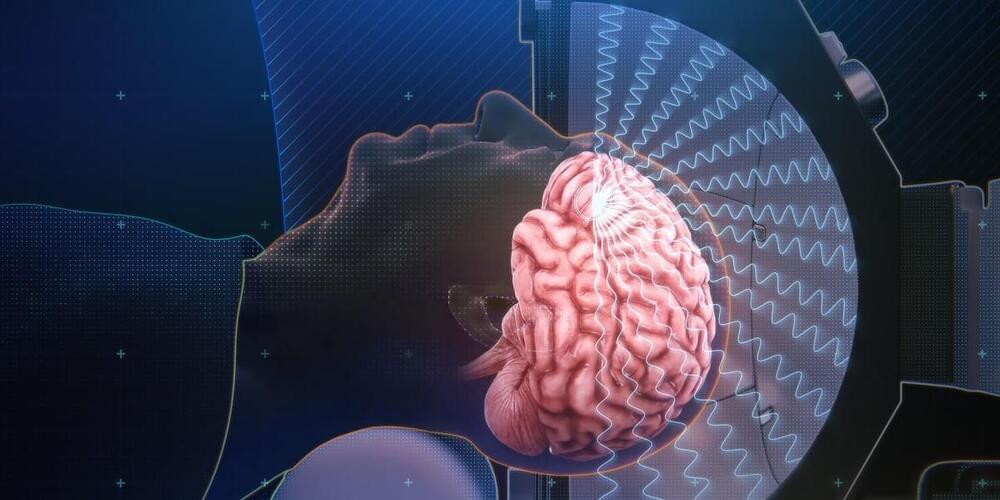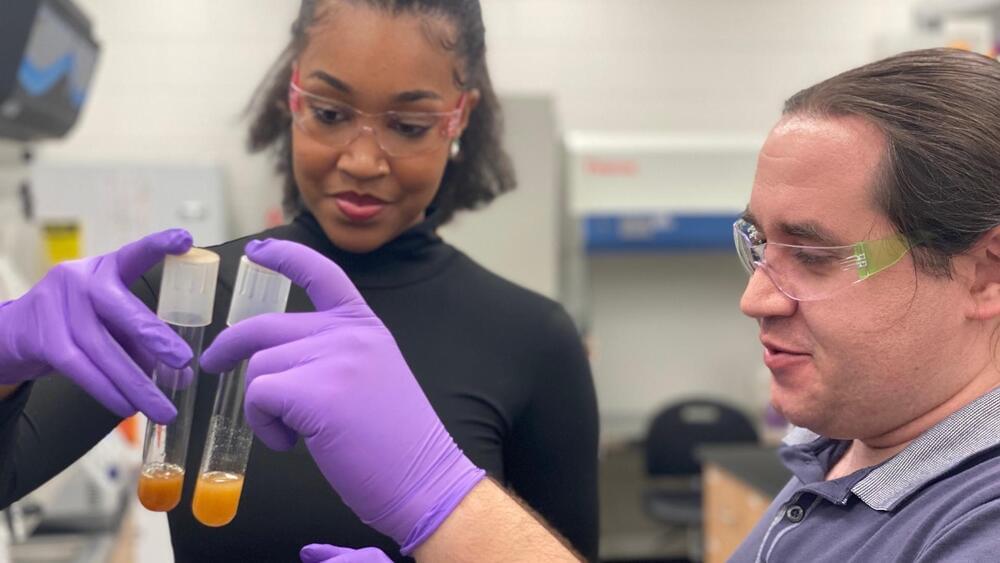Jan 12, 2024
Gamma-ray bang! Unexpected signal surprises astronomy world
Posted by Gemechu Taye in categories: particle physics, space
Astronomers discovered a mysterious gamma-ray feature outside our galaxy by analyzing 13 years of data from NASA’s Fermi Gamma-ray Space Telescope.
“It is a completely serendipitous discovery,” said Alexander Kashlinsky, a cosmologist at the University of Maryland and NASA’s Goddard Space Flight Center in Greenbelt, who presented the research at the 243rd meeting of the American Astronomical Society in New Orleans. “We found a much stronger signal in a different part of the sky than the one we were looking for.”
The gamma-ray signal is unexpected and intriguingly similar to another unexplained feature produced by some of the most energetic cosmic particles ever detected. A paper describing the findings is published in The Astrophysical Journal Letters.

